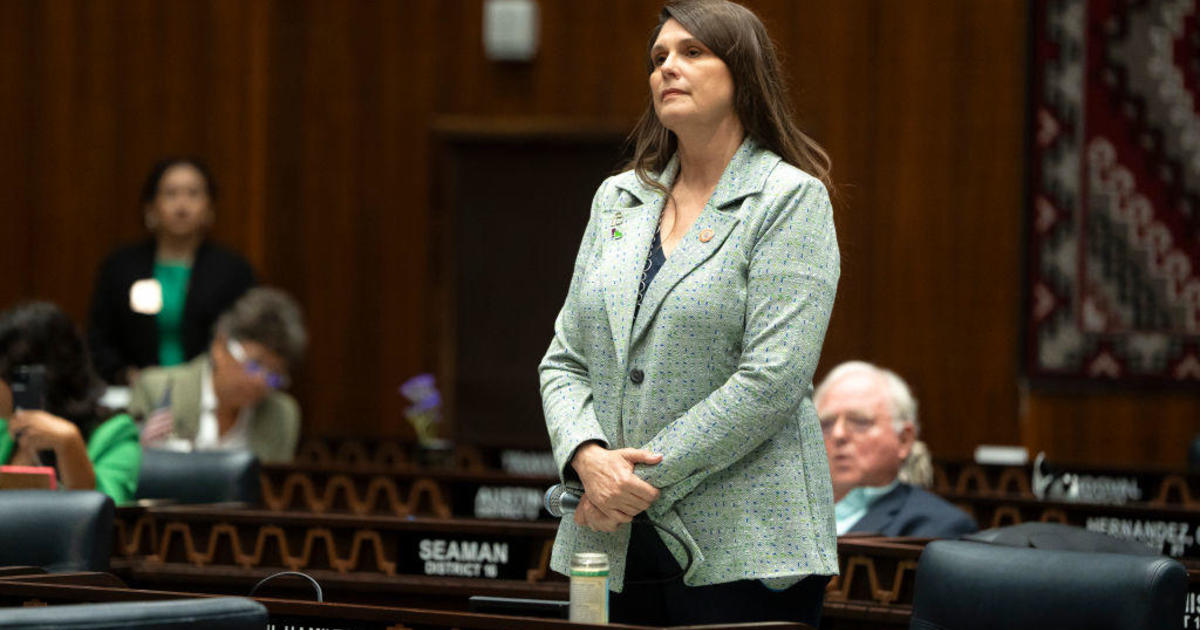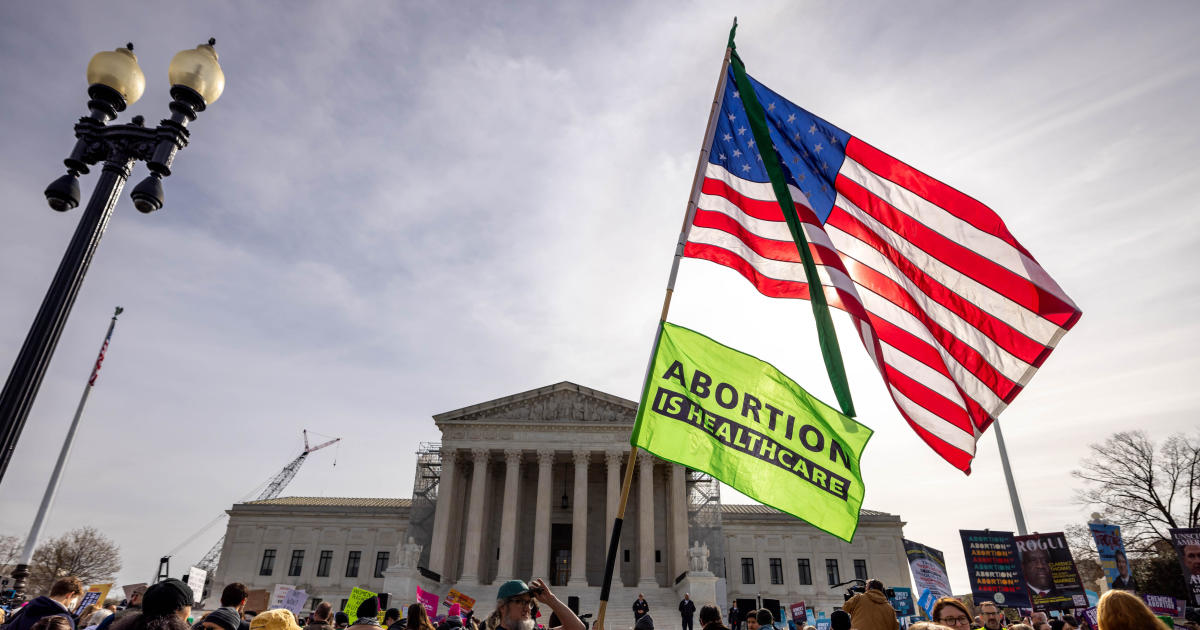House repeals deadline to ratify Equal Rights Amendment
The House voted to eliminate the nearly forty-year-old deadline to ratify the Equal Rights Amendment (ERA), which would explicitly provide women with equal rights under the Constitution. Virginia last month became the 38th state needed to ratify the amendment, passed by Congress in 1972. But states were only given seven years to ratify the amendment. It was set to expire in 1979 but was then extended to 1982.
The repeal was approved with a vote of 232 to 183, with five Republicans joining all Democrats in voting in favor of the legislation.
Several Democratic congresswomen wore white during the vote, in honor of the suffragist movement which led to the ratification of the 19th Amendment, granting women the right to vote in 1920. Others wore purple, traditionally a color associated with the women's rights movement. Many visitors watching the proceedings in the gallery also were clad in white, adorned with green buttons promoting the ERA. When the resolution received enough votes to pass, some on the House floor and in the visitors' gallery cheered.
"Nearly 100 years ago, Alice Paul, a Republican, introduced the Equal Rights Amendment," Speaker Nancy Pelosi said in a speech on the House floor ahead of the vote. "But today, in this year that marks the centennial of the 19th Amendment, it is a shameful reality that the Equal Rights Amendment has not been enshrined in the Constitution."
"The ERA will strengthen America. It is not just about women, it is about America," Pelosi said. She received a round of applause from the Democrats in the chamber after she spoke.
Nevada became the first state to ratify the amendment after the 1982 deadline in 2017, followed by Illinois in 2018.
Ratifying the ERA was a priority for the Virginia legislature after Democrats gained control of both state houses, and the amendment was approved in January.
However, even with the repeal of the ratification deadline in the House, it's uncertain if the amendment will be added to the Constitution. It's unclear whether the repeal will be approved in the Senate and signed by President Trump, and even if it were, five states have rescinded their earlier ratification. Supporters argue that these ratifications are invalid, due to precedent and statutory language.
Moreover, most Republicans argue that Congress does not have the authority to eliminate the long-expired deadline, and say that the process should begin all over again with ratification by two-thirds of Congress and then by 38 states. This argument received support from Supreme Court Justice Ruth Bader Ginsburg, a longtime advocate of the amendment, who said she would "like to see a new beginning" at an event at Georgetown University law school on Monday.
"There's too much controversy about latecomers," Ginsburg said. "Plus, a number of states have withdrawn their ratification. So if you count a latecomer on the plus side, how can you disregard states that said 'we've changed our minds?'"
Ginsburg's comments are an indication that if this repeal was challenged in the Supreme Court, it would almost certainly be struck down. The Department of Justice has also issued guidelines saying an amendment whose deadline for ratification has passed cannot be added to the Constitution.
However, Democrats say that the original deadline was not part of the amendment, but was a resolution passed by Congress, and therefore could be undone by Congress. Speaking on the House floor ahead of the vote, Democratic Congresswoman Jackie Speier called out Republicans for hypocrisy, saying that those who say the process should restart aren't being honest.
"You're the same people who admit you won't vote for it!" Speier said. "There can be no expiration date on equality."
Republicans also argue that the amendment is unnecessary, as the 14th Amendment provides equal protection under the law, and would be used to undo state abortion restrictions. GOP Congresswoman Jackie Walorski called the vote a "political stunt."
"Let's be honest: this is not about equality or women's rights, this is about enshrining unrestricted abortion in the constitution," Walorski said.
However, Pelosi countered in her speech that abortion was an "excuse, not a reason" to oppose the ERA.
"This has nothing to do with the abortion issue," Pelosi said. "It has everything to do with the respect for women."




